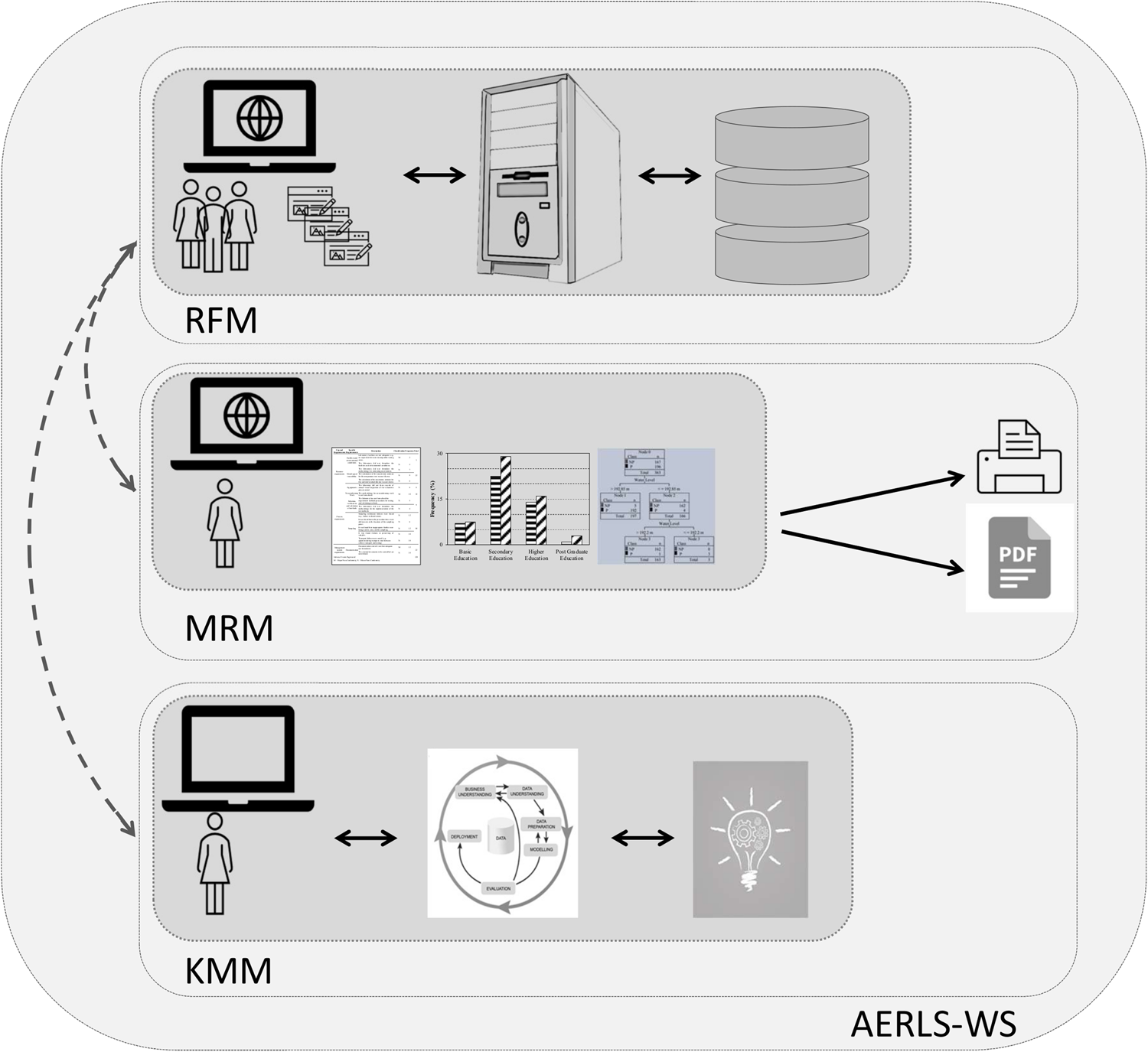Difference between revisions of "Template:Article of the week"
Shawndouglas (talk | contribs) (Updated article of the week text) |
Shawndouglas (talk | contribs) (Updated article of the week text) |
||
| Line 1: | Line 1: | ||
<div style="float: left; margin: 0.5em 0.9em 0.4em 0em;">[[File: | <div style="float: left; margin: 0.5em 0.9em 0.4em 0em;">[[File:Fig4 Fernandes AQUA22 71-3.png|240px]]</div> | ||
'''"[[Journal: | '''"[[Journal:Avoidance of operational sampling errors in drinking water analysis|Avoidance of operational sampling errors in drinking water analysis]]"''' | ||
[[Quality (business)| | The internal audits carried out in the first half of 2019 in Portuguese water [[Laboratory|laboratories]] as part of [[Quality (business)|quality]] accreditation in accordance with [[ISO/IEC 17025|ISO/IEC 17025:2017]] showed a high frequency of adverse events in connection with [[Sample (material)|sampling]]. These faults can be a consequence of a wide range of causes, and in some cases, the [[information]] about them can be insufficient or unclear. Considering that sampling has a major influence on the quality of the analytical results provided by water laboratories, this work presents a system for reporting and learning from adverse events. Its aim is to record nonconformities, errors, and adverse events, making possible automatic [[data analysis]] to better ensure [[Continual improvement process|continuous improvement]] in operational sampling. The system is based on the Eindhoven Classification Model and enables automatic data analysis and reporting to identify the main causes of failure ... ('''[[Journal:Avoidance of operational sampling errors in drinking water analysis|Full article...]]''')<br /> | ||
''Recently featured'': | ''Recently featured'': | ||
{{flowlist | | {{flowlist | | ||
* [[Journal:ISO/IEC 17025: History and introduction of concepts|ISO/IEC 17025: History and introduction of concepts]] | |||
* [[Journal:Practical considerations for laboratories: Implementing a holistic quality management system|Practical considerations for laboratories: Implementing a holistic quality management system]] | * [[Journal:Practical considerations for laboratories: Implementing a holistic quality management system|Practical considerations for laboratories: Implementing a holistic quality management system]] | ||
* [[Journal:Precision nutrition: Maintaining scientific integrity while realizing market potential|Precision nutrition: Maintaining scientific integrity while realizing market potential]] | * [[Journal:Precision nutrition: Maintaining scientific integrity while realizing market potential|Precision nutrition: Maintaining scientific integrity while realizing market potential]] | ||
}} | }} | ||
Revision as of 14:54, 12 June 2023
"Avoidance of operational sampling errors in drinking water analysis"
The internal audits carried out in the first half of 2019 in Portuguese water laboratories as part of quality accreditation in accordance with ISO/IEC 17025:2017 showed a high frequency of adverse events in connection with sampling. These faults can be a consequence of a wide range of causes, and in some cases, the information about them can be insufficient or unclear. Considering that sampling has a major influence on the quality of the analytical results provided by water laboratories, this work presents a system for reporting and learning from adverse events. Its aim is to record nonconformities, errors, and adverse events, making possible automatic data analysis to better ensure continuous improvement in operational sampling. The system is based on the Eindhoven Classification Model and enables automatic data analysis and reporting to identify the main causes of failure ... (Full article...)
Recently featured:










